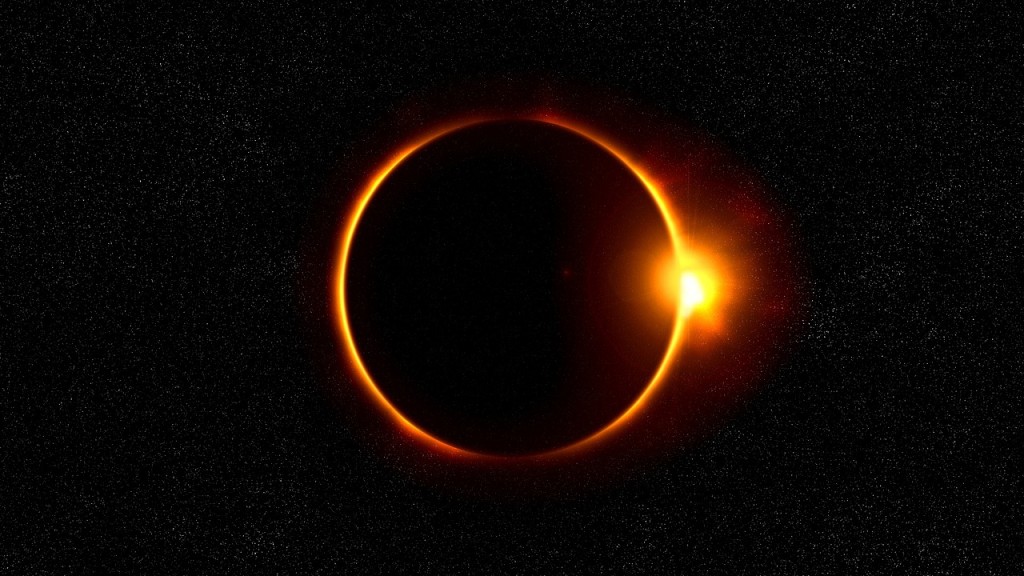 Climate change, energy crisis, genocides, religious wars, economic woes and widespread corruption are only some examples of a vast spectrum of threats our society has to cope with. The call for change, peace and safety has become louder with each new issue.
Climate change, energy crisis, genocides, religious wars, economic woes and widespread corruption are only some examples of a vast spectrum of threats our society has to cope with. The call for change, peace and safety has become louder with each new issue.
If we don’t solve these problems quickly, the consequences will be devastating for the entire human race. But could a global government be the solution to all our tribulations? Or is the idea of a “Universal State” just a delusional fantasy of megalomaniacal leaders and conspiracy theorists? Are people even going to accept such a World State?
The Shape of Things to Come
The idea of a unified world government to preserve peace between nations has already been discussed throughout the ages.
Philosophers like Plato or Immanuel Kant, writers like Dante Alighieri, Thomas Hobbes and H.G. Wells imagined utopian societies, a ‘New World Order’ or even a ‘Golden Age’. While their ideas were based on humanistic principles, authors of the modern World War era like Arnold J. Toynbee and Oswald Spengler have predicted a far more pessimistic outcome.
But what is a world government? A global governance is a political system that would make and enforce laws on international level without restrictions. It would require the unification of all nations under a global ruling system or a single ruler with cultural and economical power. This alliance could be achieved either by peace or by force. But only a peaceful unification would ensure a long lasting and stable relationship between each nation and its people.
A World Divided
The European Union is not a new global player but an old one. The EU has hardly the will and certainly not the resources to regain the status of a world leader. The Brexit is just the beginning of the end for the old continent.
The Middle East, despite its wealth, is drowning in ongoing wars or too busy copying the mistakes of the West. Africa is used as “resource cradle” for other nations and with all the turmoil and civil unrest not stable enough to be a powerful global force. South America is a victim of bad economic decisions and Russia has proven to be a strong but uncertain factor.
Some believe that China’s economic growth will turn the nation into the next leading superpower. Experts have already set a date: 2025. But even natural resources have a limit and Liebig’s Law of the Minimum will ensure a rude awakening for most experts and China.
After the end of World War II, the United States has achieved not only monetary but also cultural hegemony on a global scale. America has shaped modern society like no other nation before. Needless to say, this kind of influence has its price. Military interventions in Afghanistan, Iran, Vietnam, Iraq and Libya are just a few examples of a ruthless foreign policy.
The Decline of America
Admired and despised at the same time, the US has many enemies and allies. It is impossible to deny America’s supreme position and its role as ruling force. Calling the United States an empire might go too far for some but imperialism is certainly the political path the government has chosen to achieve and maintain its leading position. But even an empire as mighty as the USA has an expiration date.
In his book, “The Decline of the West”, German historian and philosopher Oswald Spengler has described the cyclic rise and fall of civilizations. Spengler does not speak of empires but distinguishes between cultures and civilizations.
According to him, a civilization represents the end stage of a culture. It is no longer creative and growing.
Reasons for the decline and fall of a civilization like the Roman Empire are manifold: a decadent lifestyle, aggressive foreign policy, increased taxation, unrest in colonies, overstretched military forces, loss of civic virtue among its citizens and corrupt leaders. Others blame the invasion of barbarians for its downfall. Sounds familiar?
America’s position as global leader is about to end. The country is no longer a unifying global force that inspires but rather a destructive vessel for hidden agendas.
After America’s downfall, a new powerful global government has to replace the United States as fast as possible; otherwise the world will be torn apart by different players with no chance of recovery.
Kingdom Come
Let us assume, the world would be transformed into a Universal State. How could this State succeed?
People have to identify themselves as citizens of the world, a united global society striving for the common good and the improvement of the human race. But this new awareness must not be imposed on society. Only an incorruptible event can unite mankind.
A new global awareness requires a proper ruling government. As history has proven, a totalitarian system must not be imposed on a population. People would reject and rebel against it unless they freely choose such state. This New Order might not be implemented by a single nation but rather by an institution. The United Nations could be suitable for the task. Unfortunately, corruption, incompetence and the lack of real authority prevent the UN from taking advantage of its full potential.
A future global community is possible. The old world has outgrown its usefulness. The question is not if or when a New World Order will happen, but what kind of Order will emerge.
Author: Christoph Topitschnig, BA
